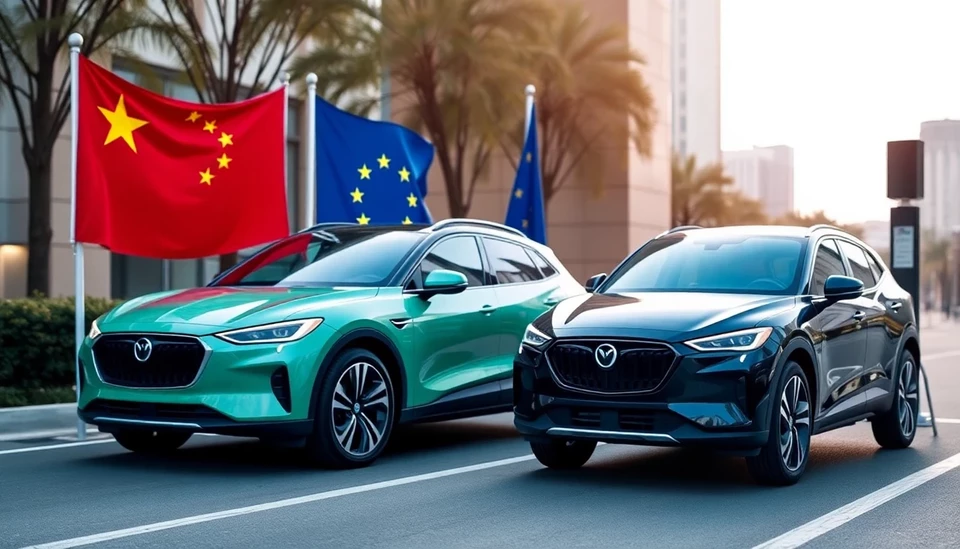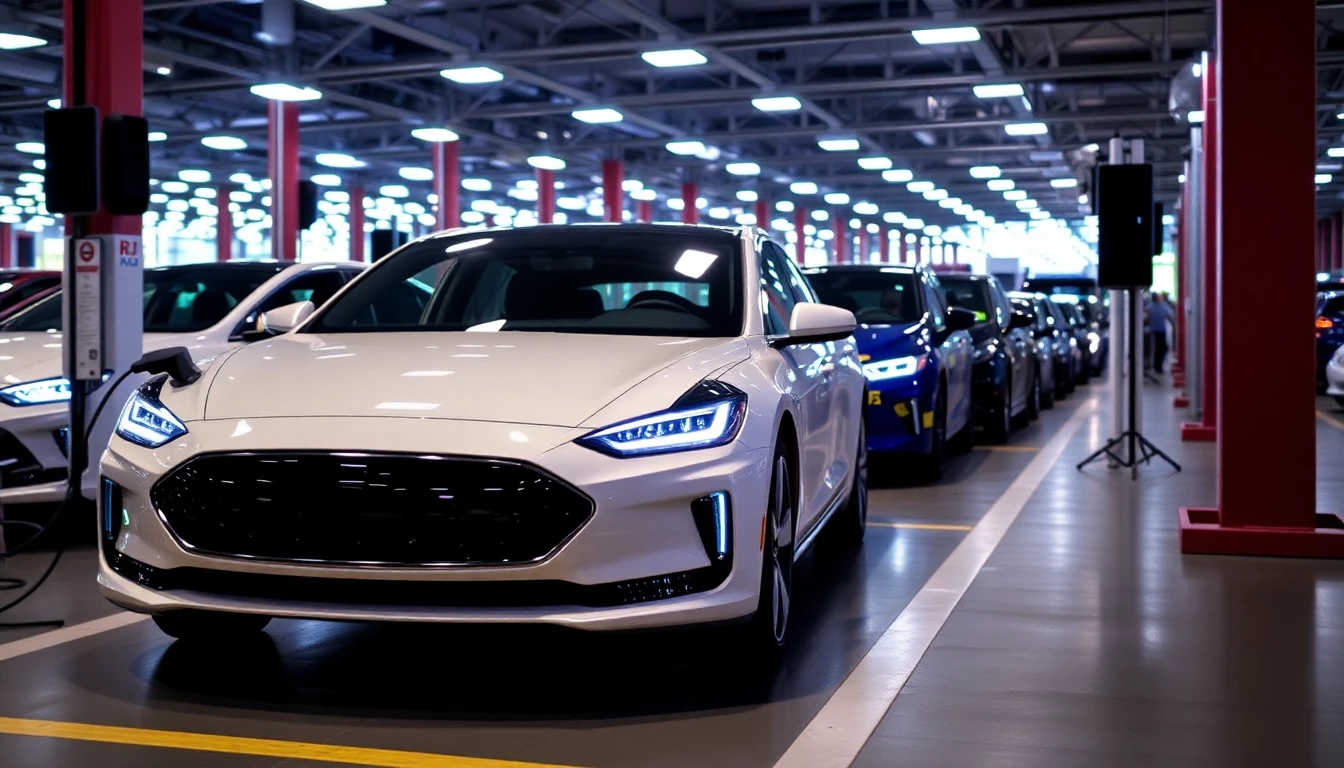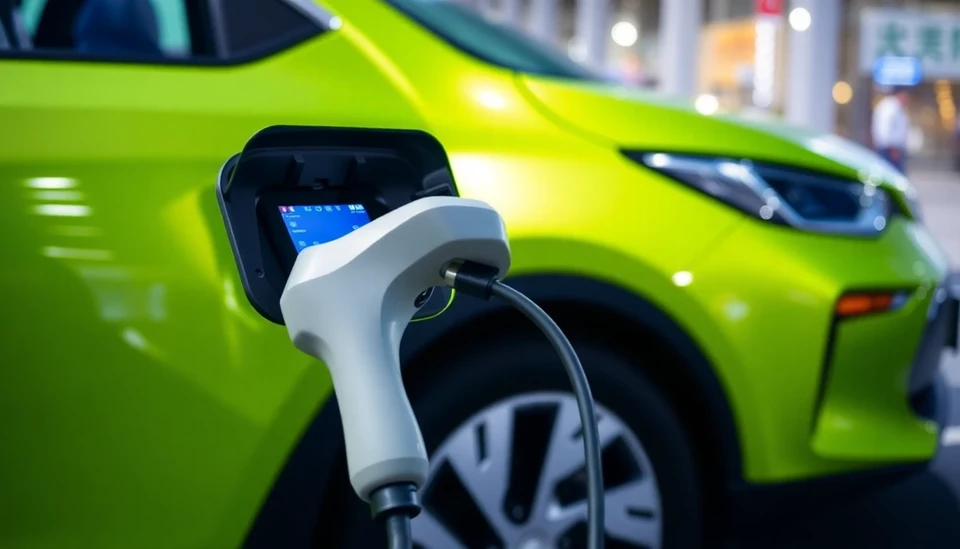
In a notable development, the European Union has expressed disappointment over the lack of substantial progress in its ongoing negotiations with China regarding electric vehicle (EV) tariffs. Throughout the week, EU officials engaged in discussions aimed at reaching a consensus to avoid imposing tariffs that could significantly impact the EV market and trade dynamics between the two powerhouses.
Amid rising tensions over trade and technology, the EU had hoped to establish an agreement that would enable a more balanced trade framework and circumvent potential tariffs on Chinese-made electric vehicles. However, despite the intense engagements, EU officials indicated that there was insufficient movement from China, which has instigated concerns regarding the future of the burgeoning electric vehicle sector.
The stakes are particularly high for the EU, where electric vehicles are instrumental in advancing environmental goals and reducing carbon emissions. The bloc is vigorously pursuing a transition to more sustainable energy sources, and the introduction of tariffs on Chinese EVs could hinder these ambitions. Analysts predict that if such tariffs are implemented, it might lead to increased prices for consumers and possibly slow down the adoption of electric vehicles across Europe.
The ostensible reluctance from China in these negotiations is attributed to a variety of factors, including its desire to protect its own booming EV industry. China's automotive market has been on a meteoric rise, leading the world in electric vehicle production and sales. With numerous domestic manufacturers vying for market share, any tariffs could pose a significant threat to this growth, thus complicating talks between the two regions.
Additionally, the geopolitical landscape is complicating matters further. Tensions stemming from trade disputes, technology access, and regulatory differences have created an atmosphere of mistrust. Consequently, both parties seem tentative about making concessions that could jeopardize their respective economic interests.
EU officials are aiming to expedite these negotiations given their urgency in addressing trade imbalances and ensuring an equitable market for electric vehicles. The stakes are particularly pronounced as the EU gears up for critical next steps in its Green Deal framework, which aims to transform the European economy into a greener, sustainable model. Without resolution, the future of electric vehicle trade could hang in the balance, ultimately affecting consumers, manufacturers, and the environment.
As the situation develops, stakeholders from both sides will need to navigate these complex issues to strike a deal that secures a cooperative relationship while promoting fair competition. The coming weeks will be crucial in determining whether the EU and China can find common ground or whether they will continue down a path that could lead to an escalation of economic tensions.
In the wake of these stalled negotiations, the implications are profound not just for the automotive industry, but also for broader economic relations and environmental goals. As both sides reassess their strategies, they must also consider the ramifications of their decisions on global markets and consumer choices.
#EVTariffs #EUCrisis #ChinaTrade #ElectricVehicles #GlobalEconomy #SustainableTransport #TradeNegotiations
Author: Daniel Foster

